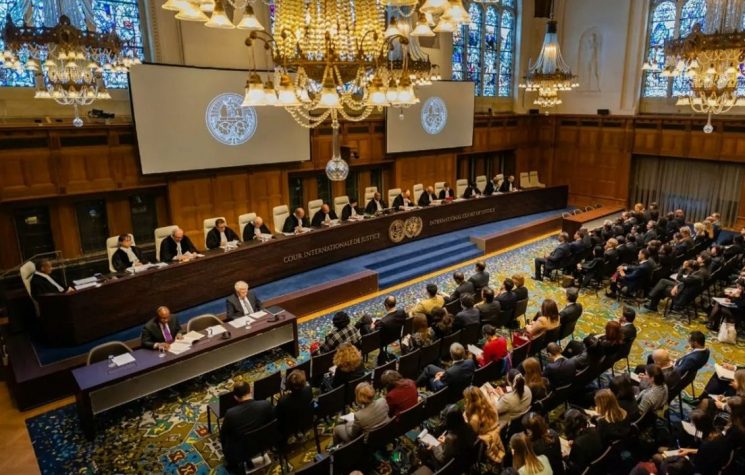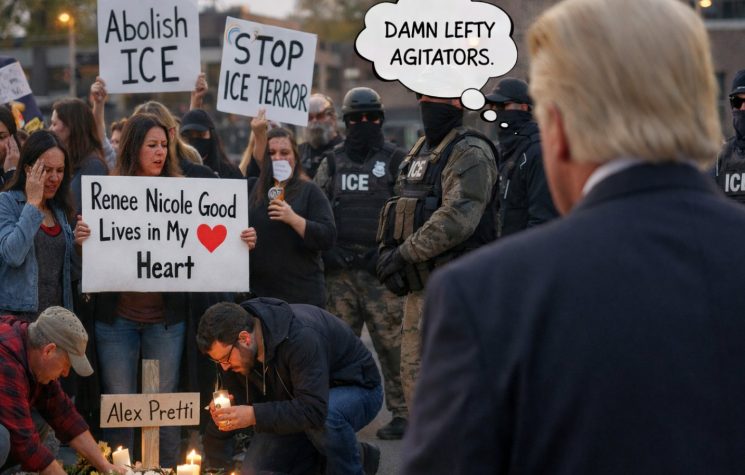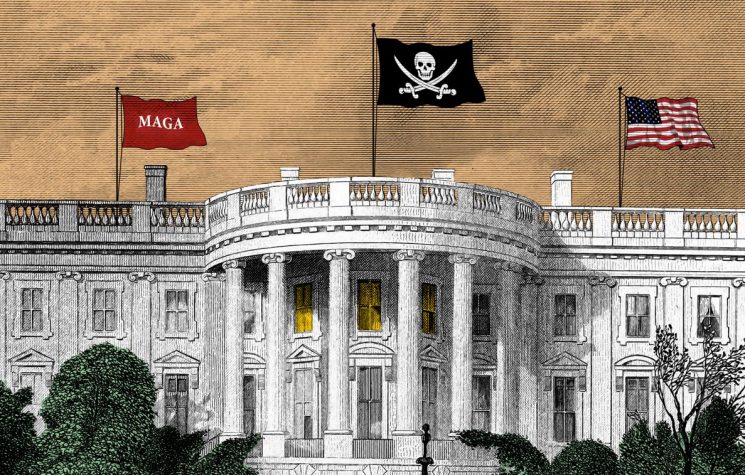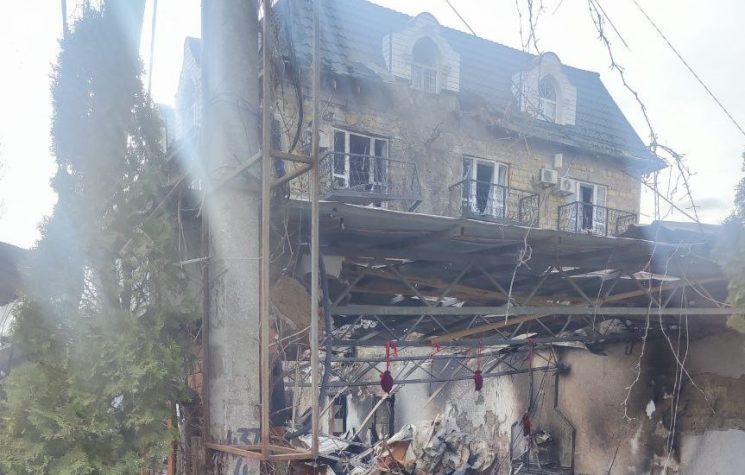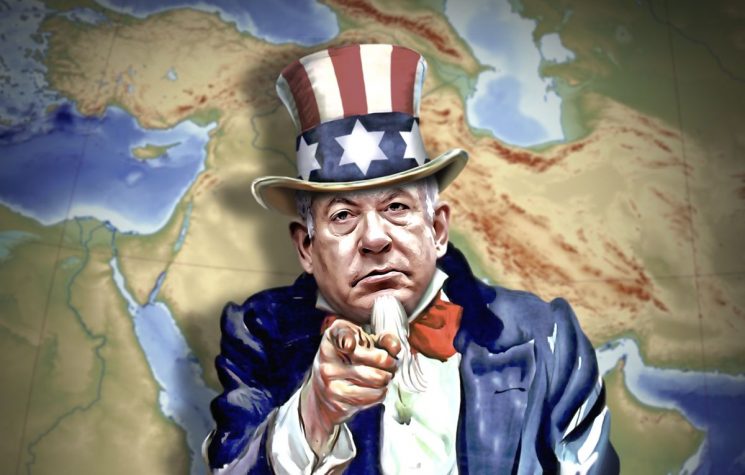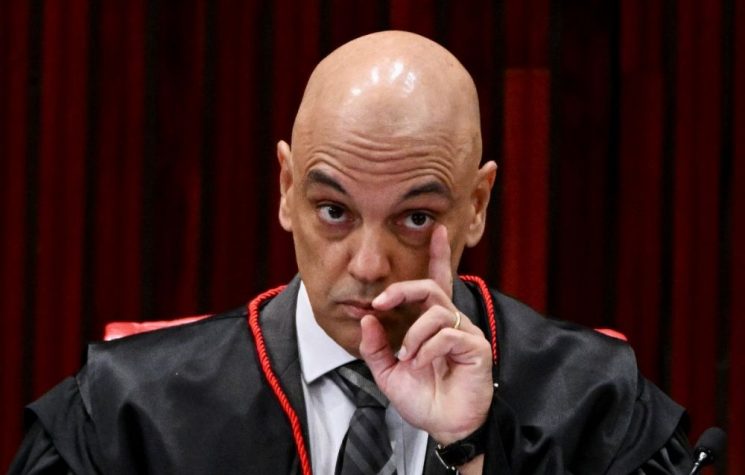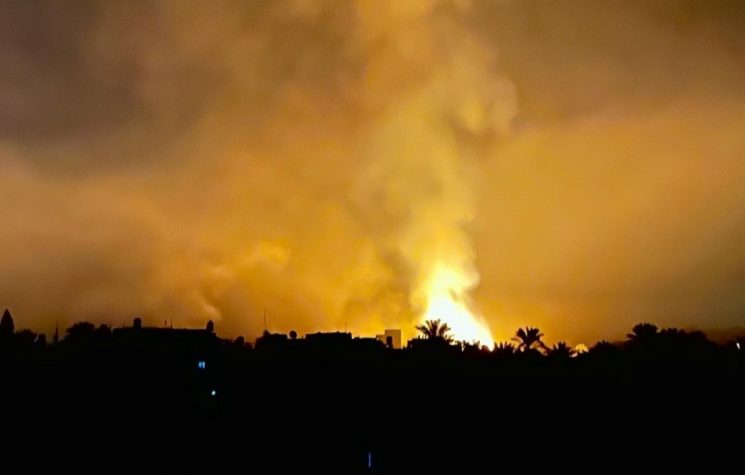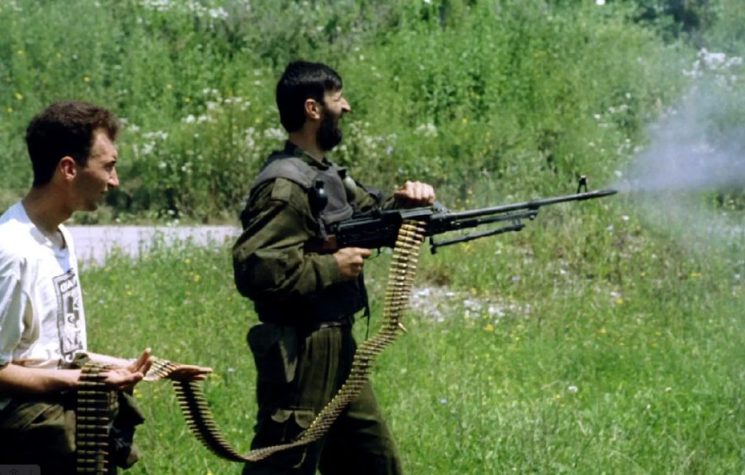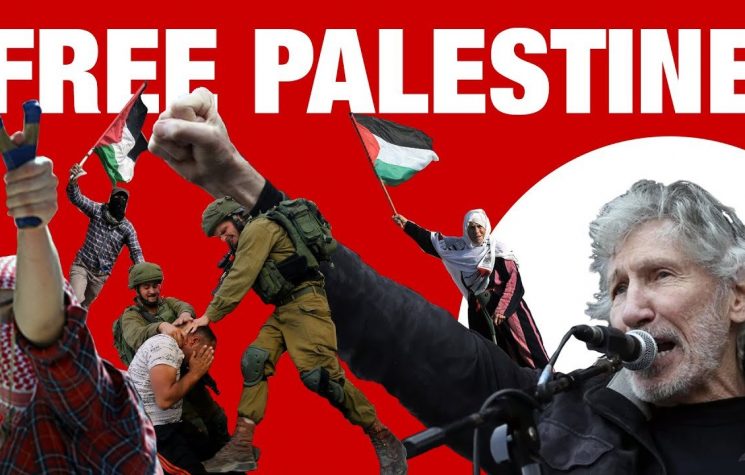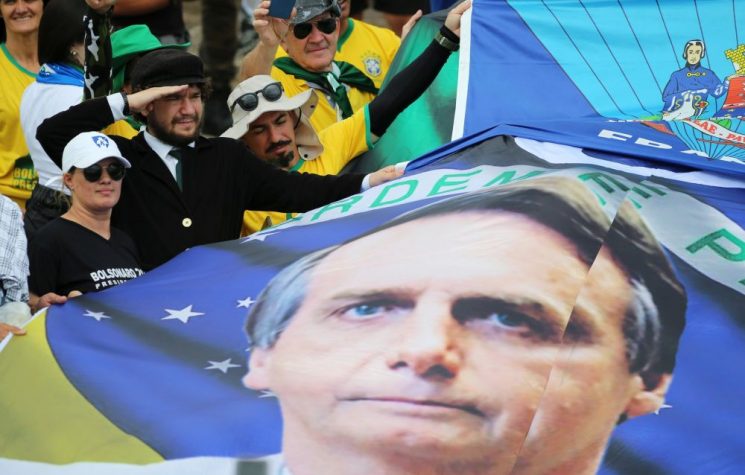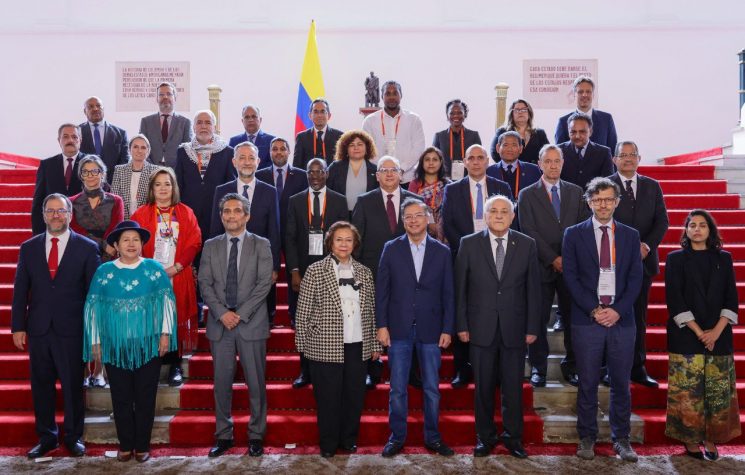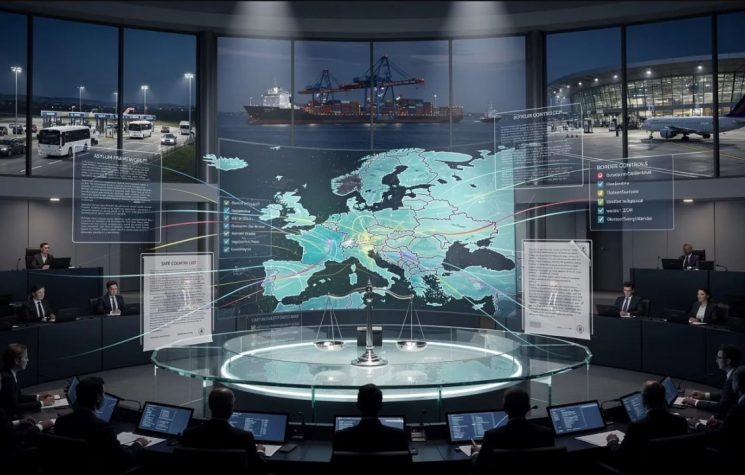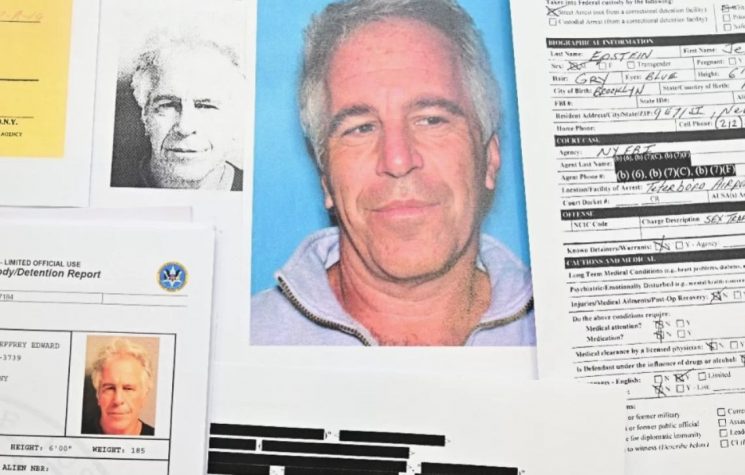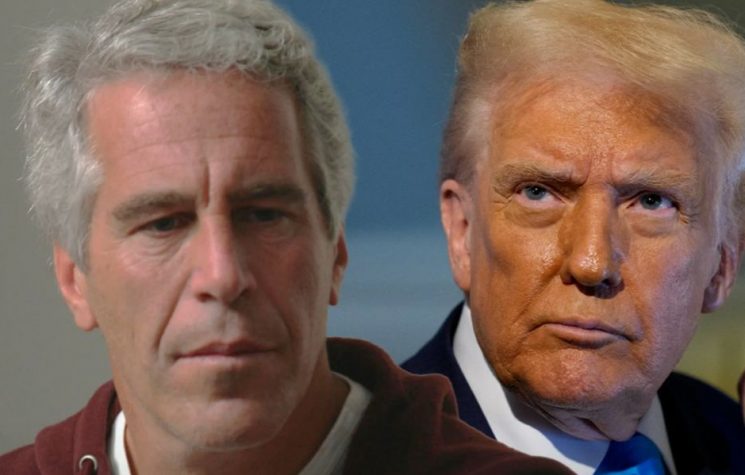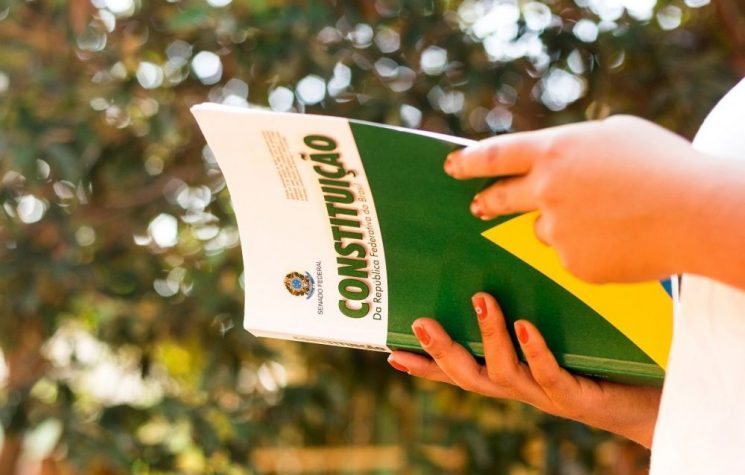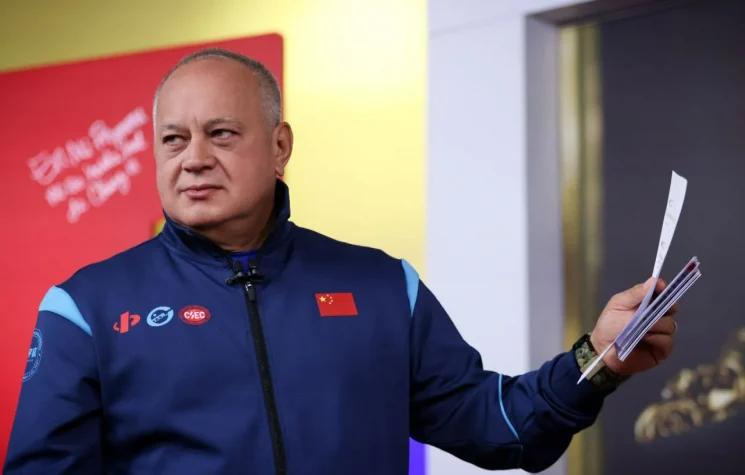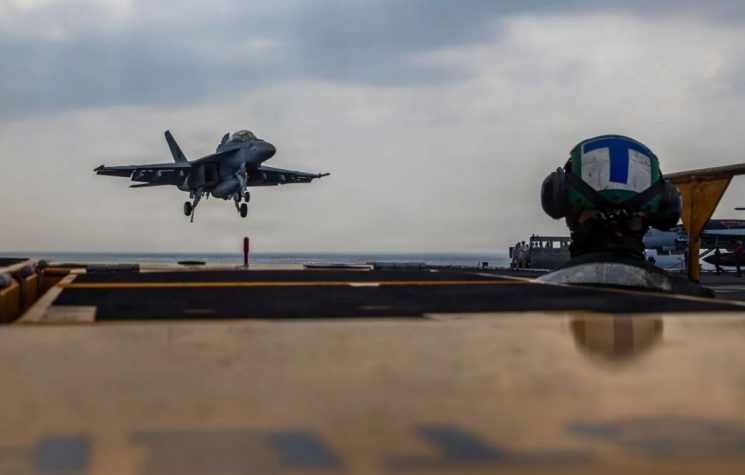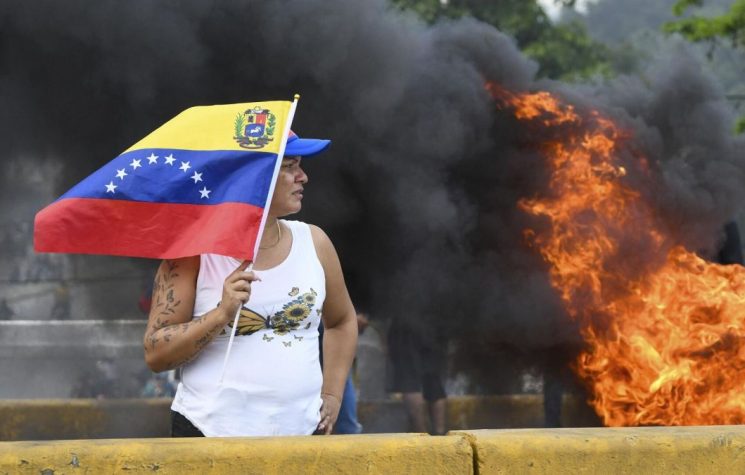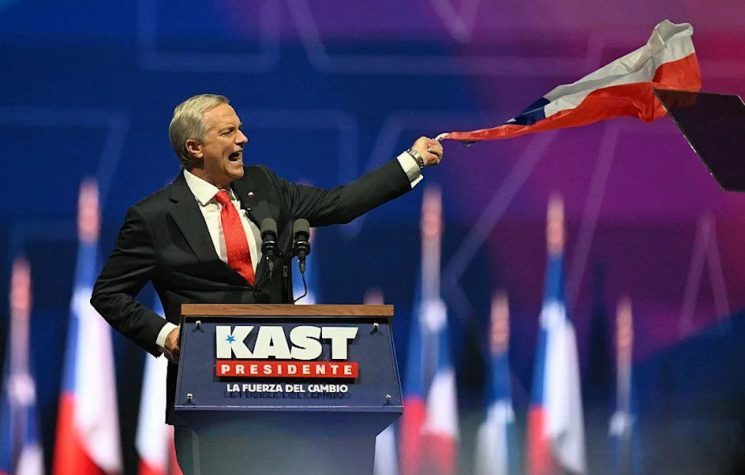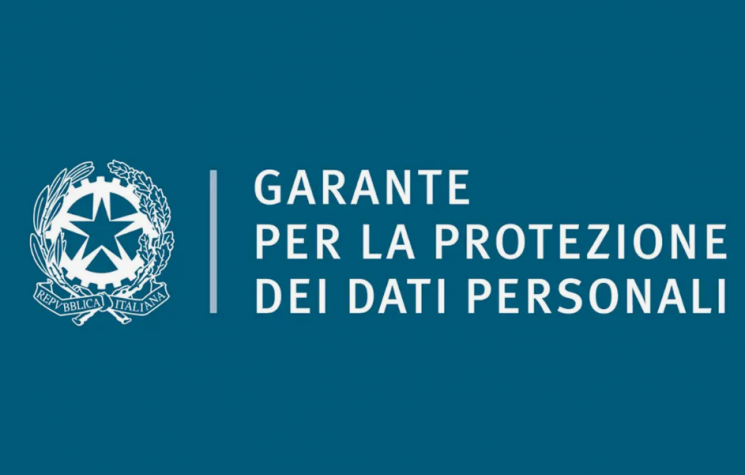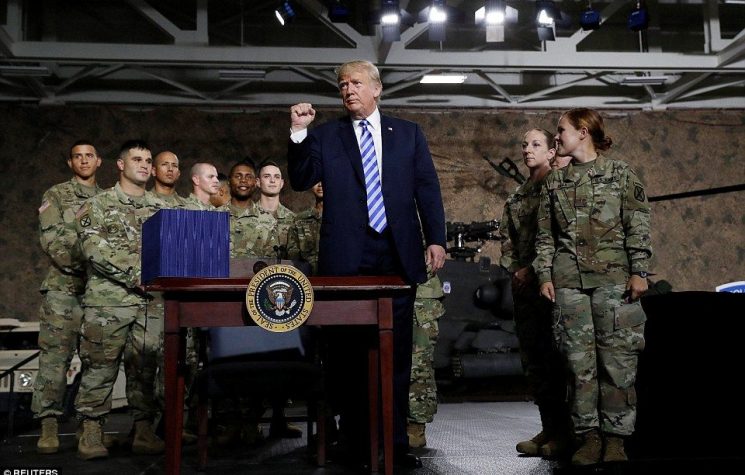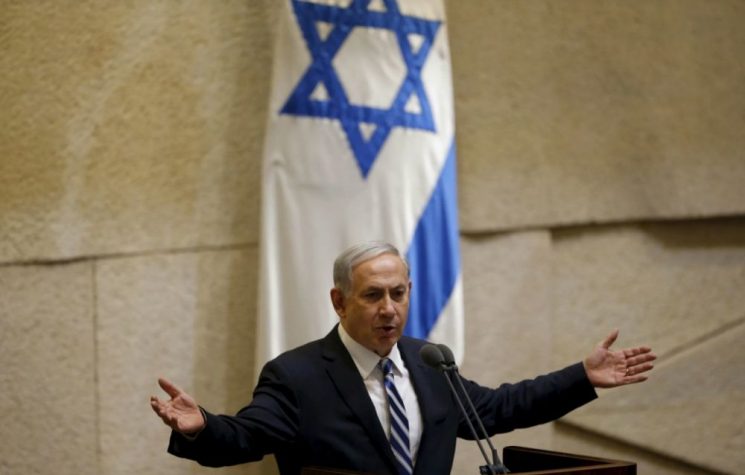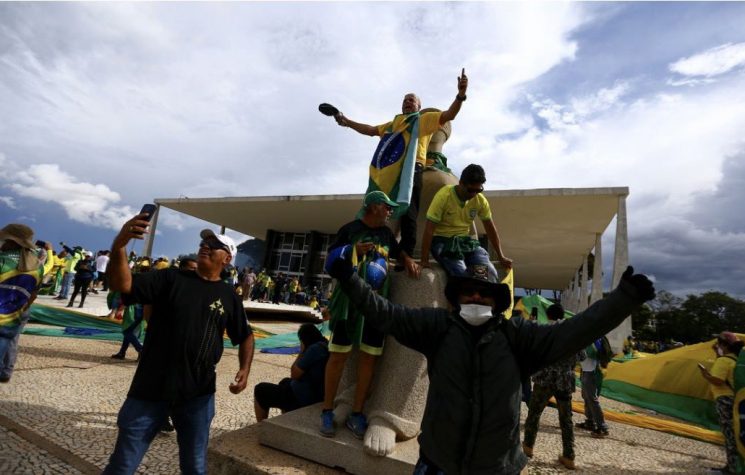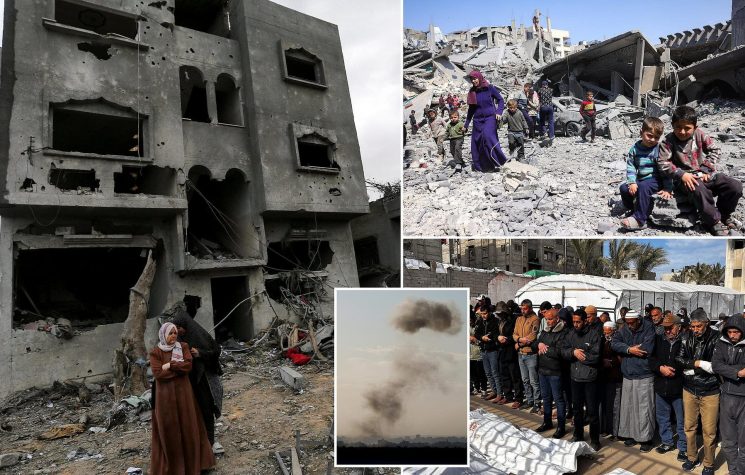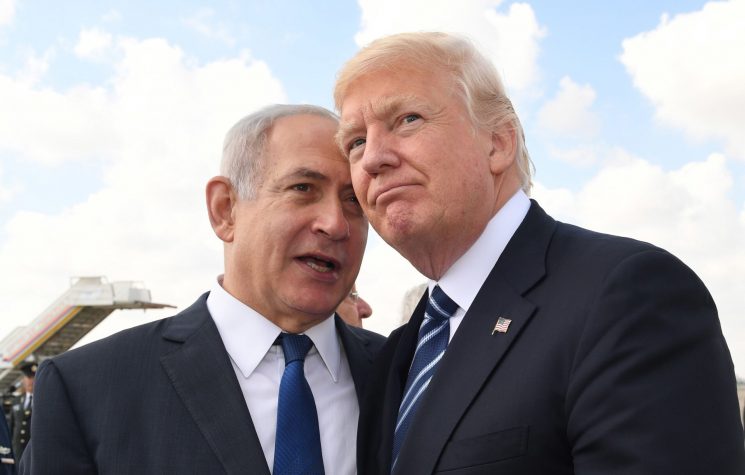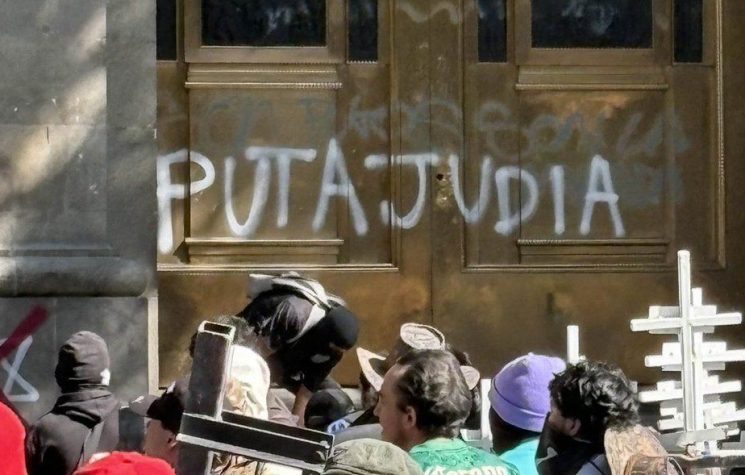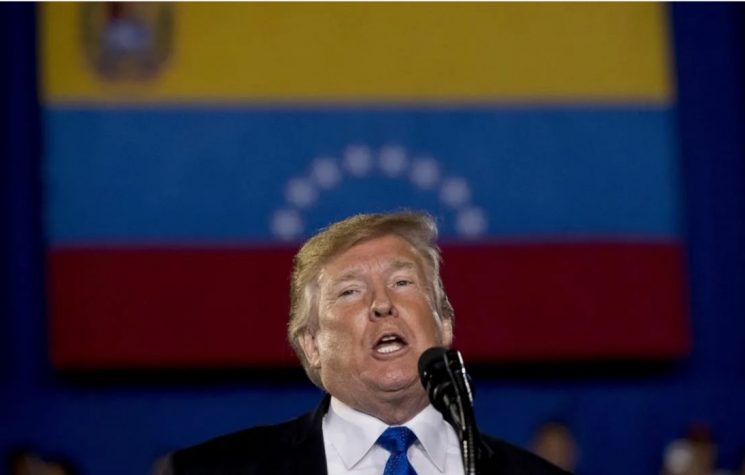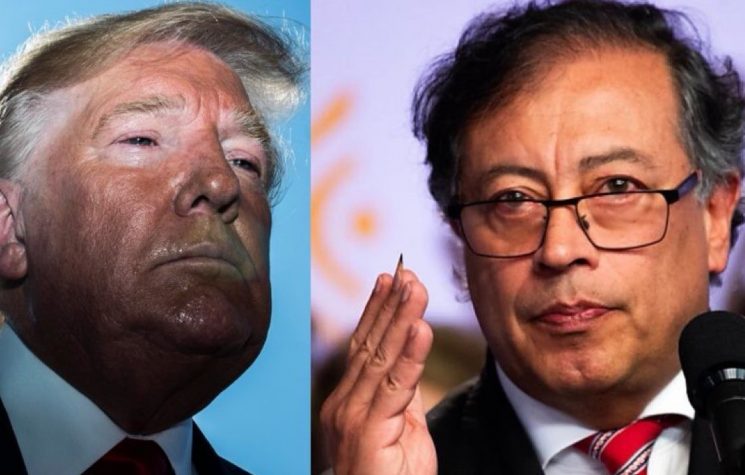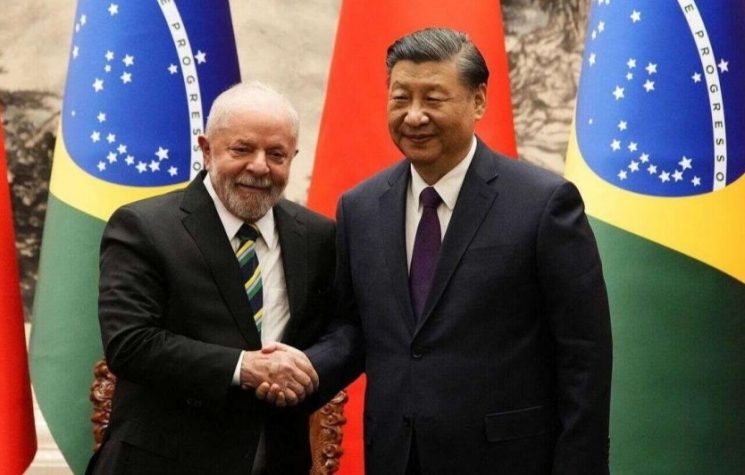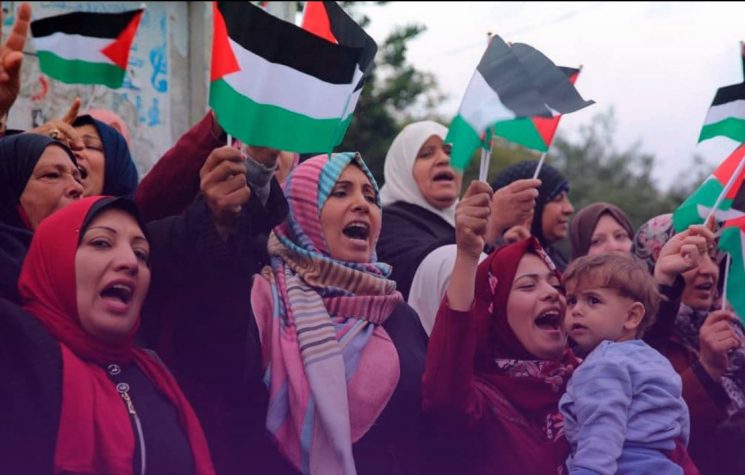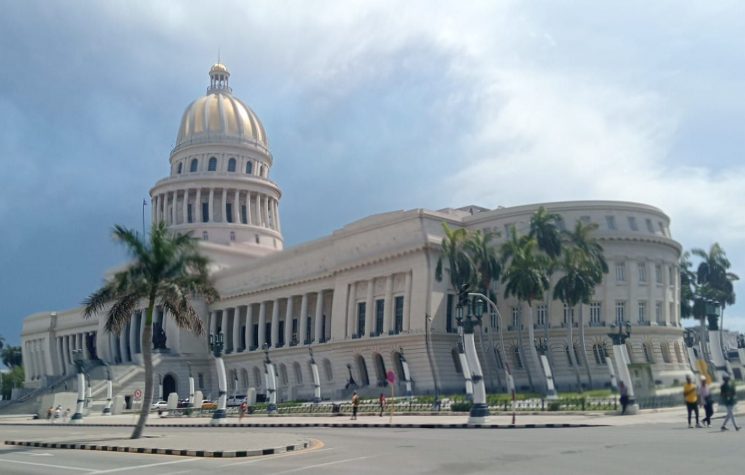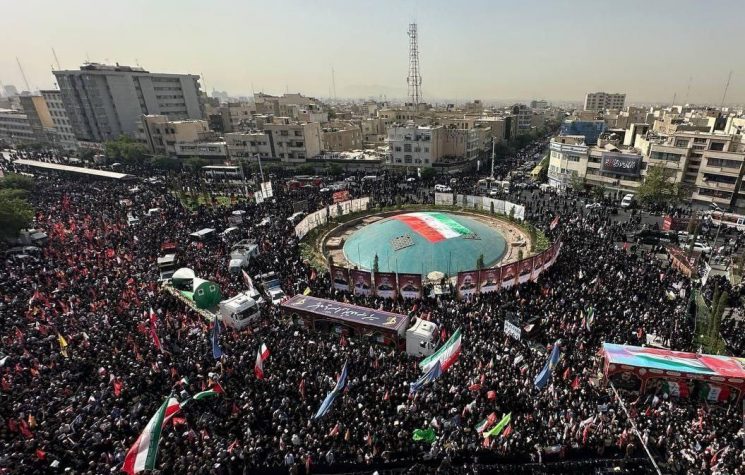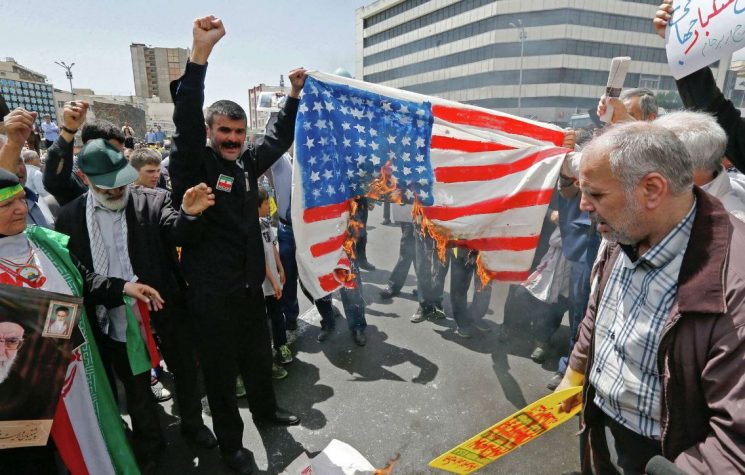The battle is fought on a field that must be chosen by the combatants; if you let the enemy choose, you risk being completely defeated with a giant bluff.
Join us on Telegram![]() , Twitter
, Twitter![]() , and VK
, and VK![]() .
.
Contact us: info@strategic-culture.su
Bogota and the role of the Global South
On July 15-16, more than 30 countries gathered in Bogotá for the Emergency Summit of the Hague Group, the most ambitious multilateral initiative to date to denounce Israel’s genocide in Gaza and the systemic impunity that has protected it since 1948.
The fact that the event was held in Colombia is emblematic, because under President Gustavo Petro, the country has broken with its traditional subordination to the U.S., taking an openly anti-imperialist and pro-Palestinian stance.
While the U.S. has threatened sanctions and accused the summit of “exploiting international law,” Bogotá has openly defended UN rapporteur Francesca Albanese and the multilateral system. The presence of European countries such as Spain and Portugal—which have harshly criticized Israel—signals a growing rift in Europe as well. Madrid has suspended military agreements with Israeli companies and officially recognized Palestine.
The summit denounced war crimes in Gaza and the West Bank: over 57,000 civilians killed, the use of hunger as a weapon, attacks on hospitals, apartheid, and land confiscation. The occupation was described as a violation of international law according to the International Court of Justice (ICJ).
In a joint statement, the Hague Group—an alliance of eight states created in January with the aim of coordinating international action against Israel—celebrated “unprecedented measures to stop the genocide in Gaza.”
The twelve signatory countries, chosen from among some thirty present at the summit, pledged not to supply or transport weapons, fuel, or equipment to the Israeli armed forces, and also banned the use of their ports by ships carrying such materials. In addition to limiting supplies to the Israeli military, the participating nations also promised to review public contracts to prevent state funds from financing “Israel’s illegal occupation of the Palestinian Territories.”
“We are not here just to discuss, but to act with legal, ethical, and political clarity in the face of one of the most serious moral challenges of our time,” said Rosa Yolanda Villavicencio, Colombia’s interim foreign minister. The event was attended mainly by delegations from the Global South, particularly Latin America, Africa, and Asia, but two European countries were also present: Ireland and Spain.
The summit was also the first official meeting of the Hague Group since its founding; according to the official website, its members are Bolivia, Colombia, Cuba, Honduras, Malaysia, Namibia, Senegal, and South Africa. Six of these states signed the final declaration, while Honduras and Senegal did not formalize their commitments. Indonesia, Iraq, Libya, Nicaragua, Oman, and Saint Vincent and the Grenadines also formally joined. Powers such as China, while supporting the objectives, did not sign, probably due to economic interests. The success of the initiative now depends on its ability to influence major global players such as China, India, and Brazil.
Speaking to delegates, Petro called the summit a success: “We came to Bogotá to make history… and we did.”
The Israeli mission to the UN, on the other hand, called the meeting “a moral farce,” adding that “the war will not end as long as hostages are held in Gaza.”
The Bogotá summit may have sought to present itself as a direct challenge to the post-1945 international order, accused of serving only Western interests, but the problem remains precisely adherence to that order, with the illusion of being able to change it from within.
A problem of principle and strategy
Let’s be clear, The Hague is no guarantee of anything: it is a court that has proven itself biased many times, remaining silent in the face of pandemic crimes, for example, or events that have affected and continue to affect many populations and countries that are victims of Western imperialism.
Similarly, as has been illustrated many times, international law is a bogeyman that is arbitrarily used at the discretion of a few world powers. The supposed ‘universal values’ and ‘rights’ are a legal construct that is invoked at different times, depending on the case, and are not truly binding.
This is the reality, and examples to support it can also be found in the Palestinian cause, as in many other cases.
Because there is also a problem of consistency and strategy here: how long have the institutions in The Hague been dealing with genocide in Palestine? Since it suits them to follow a certain trend.
How long have politicians, observers, and experts been tearing their clothes in indignation, raising their voices and condemning crimes? Very little, with rare exceptions in recent years, but always remaining within the bounds of a balanced “political correctness.” Neither the International Court of Justice nor the International Criminal Court have championed justice.
Both are Western institutions, created by the very system that is often denounced and against which attempts are now being made to fight through the very institutions of the system – in a sort of collective cognitive bias.
The International Court of Justice was founded by the United Nations as its principal judicial organ in 1945 with the signing of the Charter, becoming operational in 1946, and is an integral part of the UN. Its ability to settle disputes between states and provide influential legal opinions to the Assembly does not seem to have served to resolve anything.
The International Criminal Court was established by the Rome Statute in 1998 and became operational in 2002. It cooperates with the UN, although it is not an integral part of it, and is formally controlled by the 123 signatory countries (which do not include the U.S., Israel, China, India, and Russia). This Court also does not seem to have achieved much.
Why, then, is public opinion being moved towards a kind of almost blind trust in institutions such as these? Why are international institutions, expressions of globalism and Western hegemony, being sanctified when it suits them, to the point of forgetting their true essence?
Narratives of this kind are convenient for the globalist system itself, which maintains control over the perception (=cognitive warfare) of reality and manages the emotional cycle that allows people’s opinions to be constructed and consolidated. Let us not forget that managing information (=infowarfare) is one of the most important things today.
As useful and positive as it is to talk about the problems and crimes that occur, as in the case of Palestine, we must not forget the manner and purpose for which this is done. Not least because these institutions, channels, and platforms could turn against us at any moment, bringing down the house of cards on which many people’s beliefs have been built. And then what would happen?
The battle is fought on a field that must be chosen by the combatants; if you let the enemy choose, you risk being completely defeated with a giant bluff.











